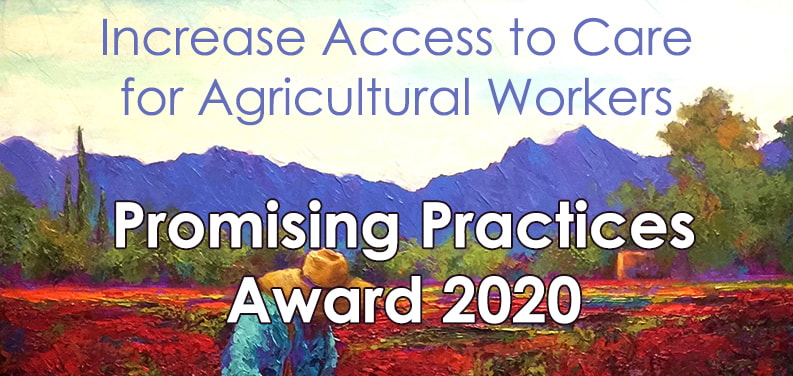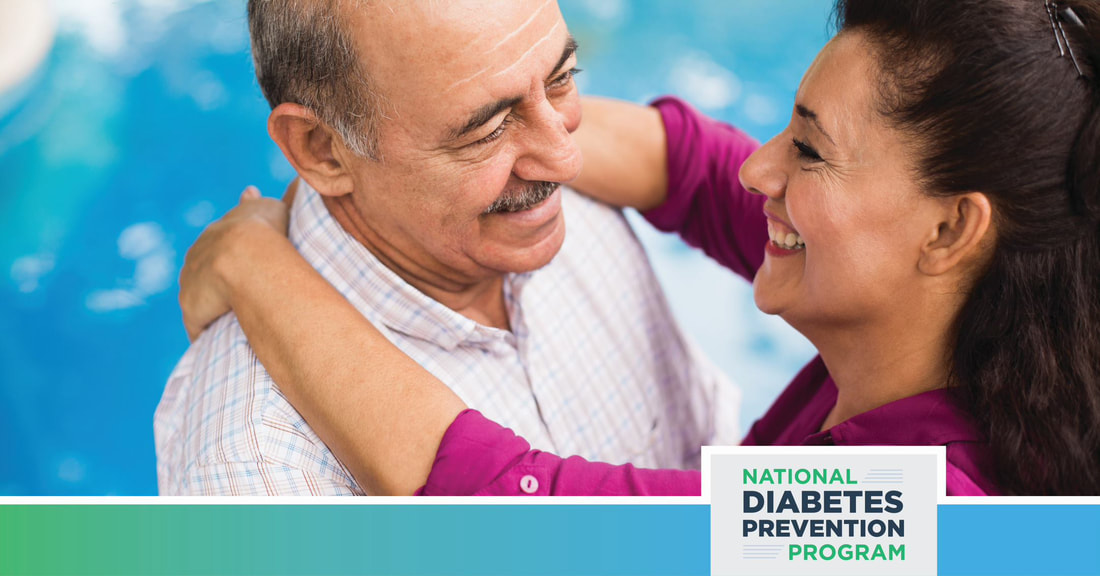|
June 5, 2020 - The latest issue of NCFH news is now available!
Stay informed of our events, products and resources, as well as news from the migrant health center community. Sign up to have NCFH news delivered to your inbox every month. The staff at the National Center for Farmworker Health (NCFH) is deeply saddened by the recent unjust and violent events impacting our country. Since the enslavement of indigenous and African peoples in the early days of America, racism has had deep roots in agriculture. Throughout the 20th century, Black farmers had to battle institutional racism in farm lending and land opportunities as they were systematically pushed off their farms. In the early 1900s, Black farmers made up 14% of farm owners and many were thriving economically, but 100 years later only 1.5% of farm owners were Black and the size of their farms had shrunk dramatically. As a nation, we owe so much to the Black agriculturalists who drove innovation and success on American farms: from Antoine, the Louisiana slave horticulturalist who cultivated the first domesticated pecans, to George Washington Carver, whose brilliant ideas on regenerative agriculture are still innovative today, to Leah Penniman, who is fiercely fighting to end racism and injustice in farming today.
In affirming our mission to improve the health of farmworkers and their families, we strive to dismantle all types of barriers and challenges to quality healthcare, including racism. We are committed to advancing and supporting actions that are grounded in respect, inclusivity, and health equality. NCFH stands in solidarity with those devoted to and who seek equality, oppose racism, and demand justice for those subject to health disparities, poverty, and violence. The National Center for Farmworker Health (NCFH) is pleased to announce that Ampla Health based in Yuba City, California, has been selected as the recipient of this year’s Increase Access to Care for Ag Workers (IAC) Network Promising Practices Award.
Since the inception of the Increase Access to Care for Ag Workers Program in 2015, NCFH has seen a variety of great promising practices implemented at health centers that have contributed to the increased number of Ag Workers and their families served nationwide. The IAC Network Promising Practices Award was established in 2018 in order to showcase promising practices, and acknowledge our Network members’ efforts of continuously identifying ways to increase access to quality health care for the Ag worker population. Past recipients include: 2018--Altura Centers for Health (CA) and Sea Mar Community Health Centers (WA), and 2019--Family HealthCare Network (CA). Ampla Health is being recognized for the promising practice of integrating their Migrant Health Program action plan into their organization’s strategic plan by adding a strategic direction specific to increasing access to care for Ag workers and other vulnerable populations. We see this as a replicable promising practice that demonstrates Ampla’s strong commitment to this special population as an organization, while also creating buy in and accountability at all levels, ensuring prioritization of their Migrant Health Program goals. We further appreciate Ampla staff’s active participation in our IAC Network activities and are pleased to acknowledge this health center’s great work. In addition to receiving a plaque and $1500 to support their increase access efforts, Ampla will also be recognized during the 2021 Midwest Stream Forum for Agricultural Worker Health to be held in Austin, Texas. Funding for the IAC Network Promising Practices Award is generated from the annual sales of NCFH commemorative artwork. All proceeds from sales go directly to the IAC Network Promising Practices Award and the NCFH Migrant Health Scholarship fund. ------------------------ For more information about the Increase Access to Care for Ag Workers Program, contact our Increase Access Campaign Coordinator. As a grandmother, mother, wife, daughter, or sister, you are a role model for your loved ones, including the men in your family. Women tend to influence their fathers, husbands, brothers, and sons to make healthier decisions. Help the men in your life lead healthier lives by learning about prediabetes and ways to reduce risk for type 2 diabetes.
Prediabetes is a condition that affects 88 million American adults, and it means that a person’s blood sugar levels are higher than normal but not yet high enough for a type 2 diabetes diagnosis. Unfortunately, Hispanics/Latinos have a greater risk of developing prediabetes and type 2 diabetes compared to some other Americans. Gina recognizes she is at higher risk because her mom has high blood pressure and her dad has type 2 diabetes. She knows that she needs to take care of her health to prevent type 2 diabetes. Gina became a lifestyle change program coach two years ago because of her passion to motivate Hispanics/Latinos in her community to be healthier. “Thanks to everything I’ve learned in this program, I’ve created new habits to take better care of myself and I’ve also been able to help my family members. I have a brother who has type 2 diabetes and all the things I’ve learned as a coach have helped me give him tips, so he takes care of his health. We’ve talked about changes he can do every day, such as waking up earlier and walking for 30 minutes, incorporating vegetables into his meals, and being more conscious about his health,” said Gina. Like Gina, you can also help your loved ones take action today to prevent type 2 diabetes. Talk to your grandfather, dad, husband, brother or son today about prediabetes and encourage them to visit cdc.gov/diabetes/risktest to take the prediabetes risk test. In only one minute, your loved ones can find out if they are at risk for prediabetes. If one of your family members finds out he’s at high risk, you can help him make an appointment with his doctor to get a blood test and be sure. It's important for your family members to know that in many cases prediabetes can be reversed by making healthy lifestyle changes, such as eating healthier and doing physical activity regularly. But making these changes can be challenging and difficult for many people. You can also ask your doctor about activities you could do as a family to help him potentially reverse prediabetes and prevent type 2 diabetes. Your doctor can also offer tips and information about how to lead a healthier life and recommend a CDC-recognized lifestyle change program like the National Diabetes Prevention Program. As part of the program, a lifestyle coach helps participants learn how to lose weight, stay physically active, eat healthier, and manage stress. The program is personalized, and it helps participants work as a team with the instructor, as well as with other participants, building a positive and collaborative environment. Lifestyle change program coaches like Gina are committed to helping people in their communities lead healthier lives so they can enjoy special moments with their loved ones. Learn more about diabetes prevention and self-management on our Diabetes Resource Hub. For the Spanish version of this blog post, click here. |
The National Center for Farmworker HealthImproving health care access for one of America's most vulnerable populations Archives
July 2024
Categories
All
|




 RSS Feed
RSS Feed